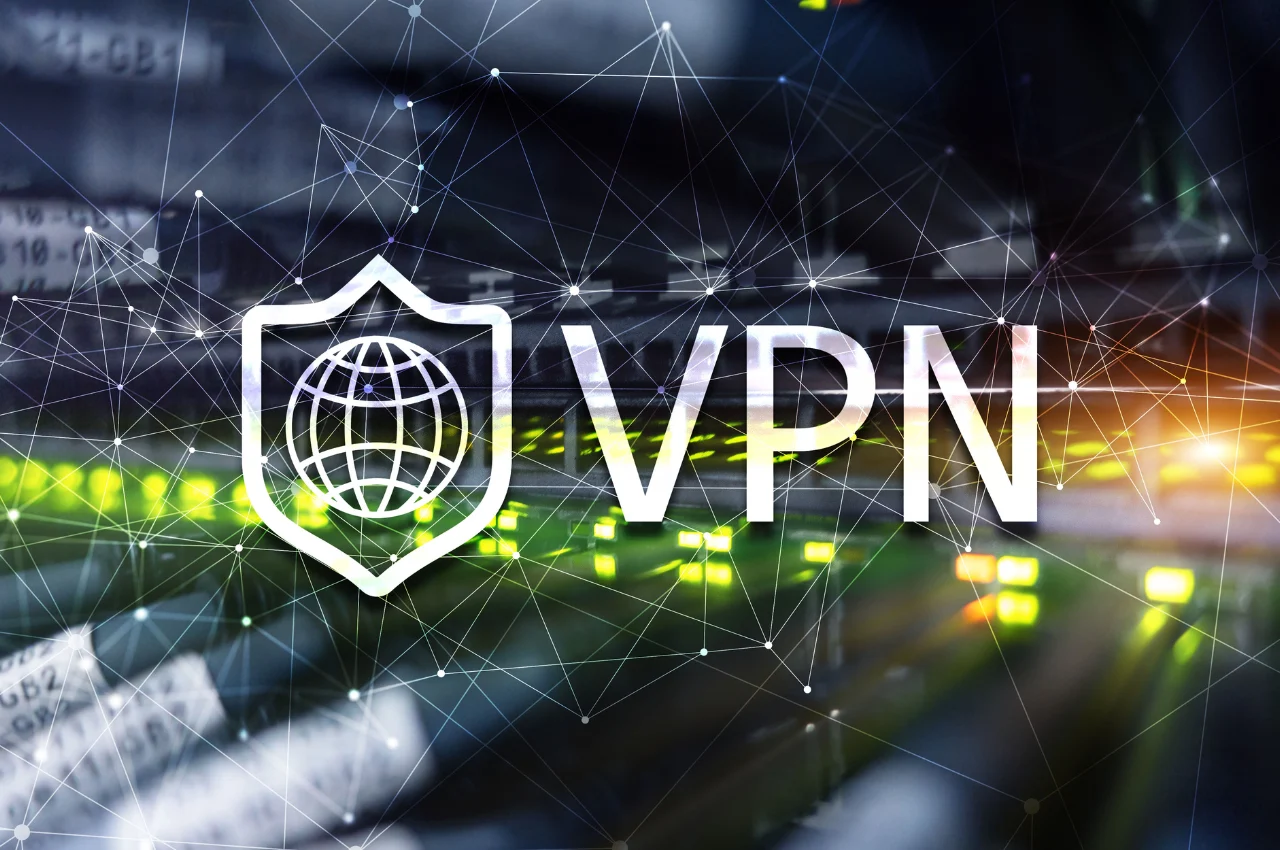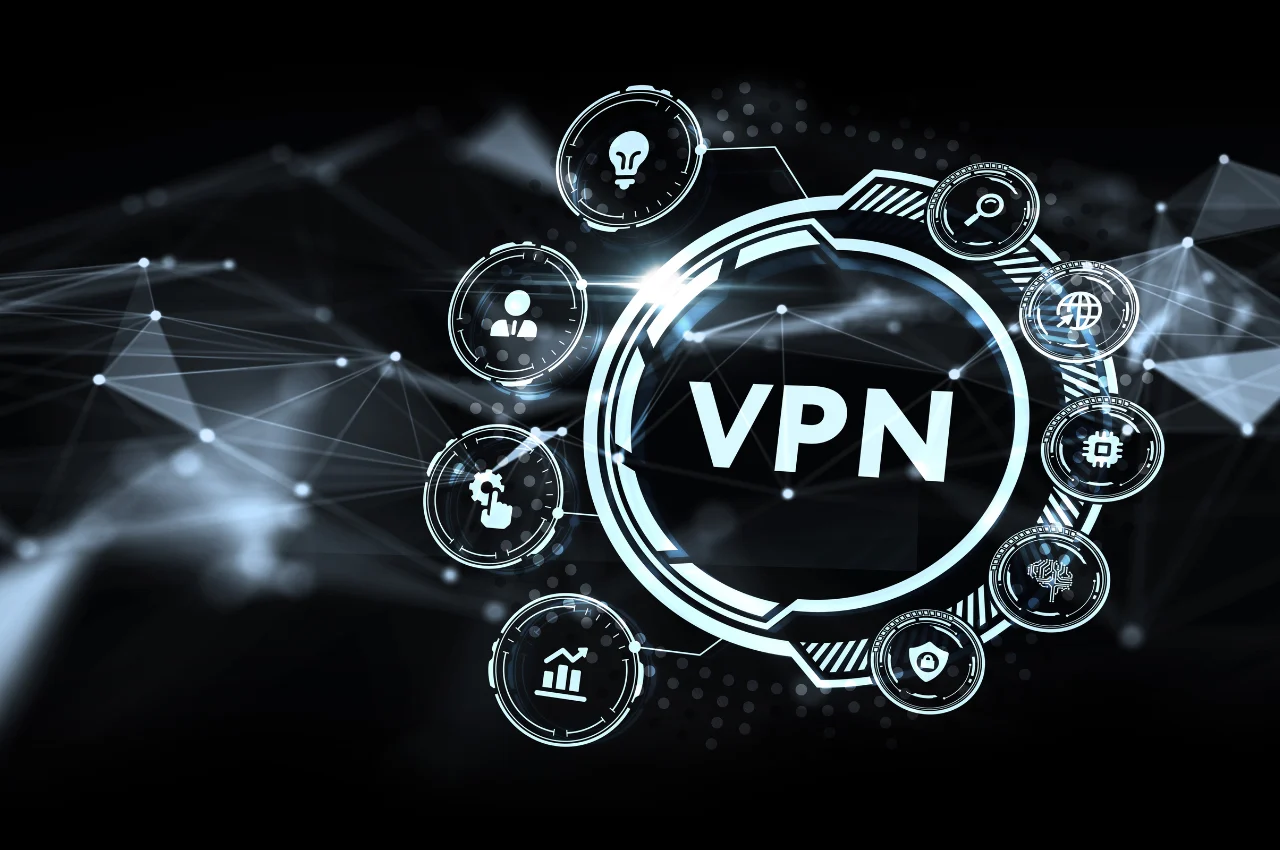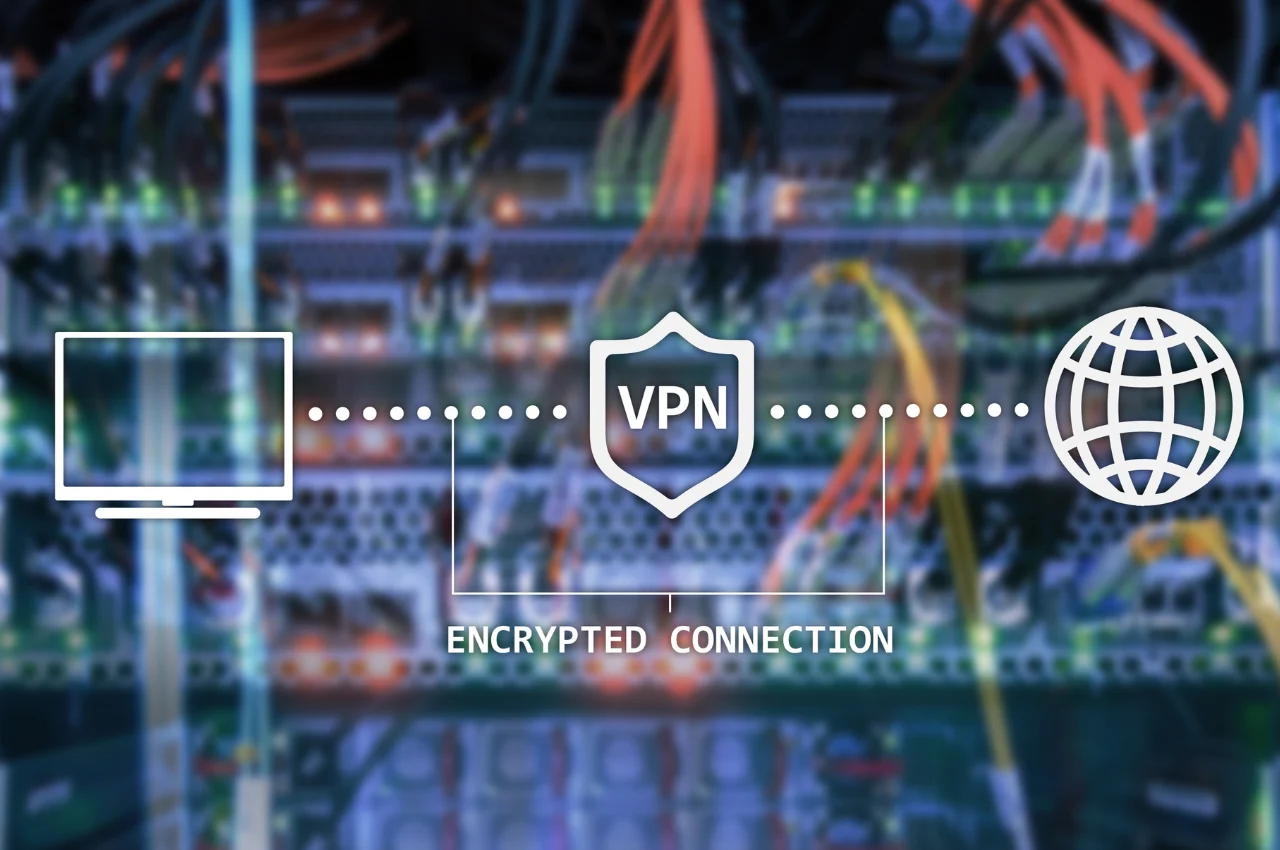When comparing VPN speeds, NordVPN typically offers faster performance than other providers. Its optimized servers ensure quick connectivity.
In today’s digital age, where online privacy and security are paramount, choosing a fast VPN like NordVPN can enhance your browsing experience. With NordVPN’s high-speed servers, you can enjoy seamless streaming, secure browsing, and efficient downloading. By prioritizing speed and reliability, NordVPN stands out as a top choice for users seeking a fast and dependable VPN service. Whether you’re working remotely, streaming content, or browsing the web, a fast VPN like NordVPN can provide the speed and performance you need for a smooth online experience.
Table of Contents
Factors That Affect VPN Speed
When determining which VPN is faster, several factors come into play. The distance between your location and the VPN server can significantly impact speed the closer the server, the faster the connection. Server load also matters; overcrowded servers can slow down your VPN. Additionally, the encryption protocol used by the VPN affects speed stronger encryption might reduce speed. Finally, your internet service provider’s base speed will influence how fast the VPN performs. Choosing a VPN with multiple server locations and efficient protocols can help ensure faster speeds.

Server Location
Server location is a crucial factor in VPN speed. The closer the VPN server is to your physical location, the faster your connection tends to be. This is because data has a shorter distance to travel, reducing latency. Conversely, connecting to a server far away can result in slower speeds due to increased travel distance for the data and potential congestion on international networks. Choosing a VPN provider with multiple server locations allows for optimal speed by selecting the nearest or least congested server.
Encryption Level
The encryption level of a VPN is a crucial factor that can affect its speed. Higher encryption levels, such as AES-256, provide stronger security but can also lead to slower speeds due to the increased processing power required to encrypt and decrypt data. Conversely, lower encryption levels may offer faster speeds but at the expense of security. Balancing the need for speed with the appropriate level of encryption is essential for maintaining both performance and privacy when using a VPN.
Protocol Used
The protocol used by a VPN is a critical factor that affects its speed. VPNs use different protocols to secure data, each with varying levels of encryption and speed. For instance, OpenVPN is highly secure but may slow down connections due to its heavy encryption. In contrast, protocols like WireGuard are designed to be faster while still maintaining strong security. The choice of protocol can greatly influence the balance between speed and security, making it essential to select a VPN that offers multiple protocol options to optimize performance.
Internet Connection Speed
The speed of your internet connection is a crucial factor affecting VPN performance. A faster base internet speed typically results in better VPN performance, while slower internet can lead to noticeable delays and reduced connection quality. When using a VPN, the speed of your original internet connection acts as the foundation even the best VPN can’t perform well if your base speed is low. Therefore, having a high-speed internet connection is essential for maintaining a fast and stable VPN experience.
Methodology
When it comes to determining the speed of VPN services, it’s crucial to establish a clear methodology to ensure accurate and reliable results. In this section, we’ll outline the testing environment and the VPN providers that were assessed for their speed performance.
Testing Environment
The testing environment plays a significant role in evaluating the speed of VPN services. The tests were conducted using a standardized setup that included a high-speed internet connection with consistent bandwidth, a modern computer with ample processing power, and a variety of geographically dispersed servers to simulate real-world usage scenarios.
VPN Providers Tested
Several popular VPN providers were rigorously tested to determine their speed performance. The selection included ExpressVPN, NordVPN, Surfshark, CyberGhost VPN, and Private Internet Access. Each provider was subjected to identical testing conditions to ensure fair and impartial assessments of their speed capabilities.
Results
Top 5 Fastest VPNs
When it comes to speed, it’s essential to consider the top contenders in the VPN market. After rigorous testing and analysis, the top 5 fastest VPNs have emerged, offering reliable and swift connections for users.

Comparison of Speeds
VPN Speed is crucial for ensuring a seamless and uninterrupted browsing experience. To find the fastest VPN, a thorough comparison of speeds is imperative. Let’s delve into the speed test results of the leading VPN providers to determine which one offers the fastest performance.
Conclusion
To sum up, choosing the fastest VPN depends on your specific needs. While some VPNs prioritize speed, others focus on security and privacy. It’s crucial to consider factors such as server locations and encryption protocols. Ultimately, conducting thorough research and testing different options is key to finding the most suitable and fastest VPN for your requirements.

